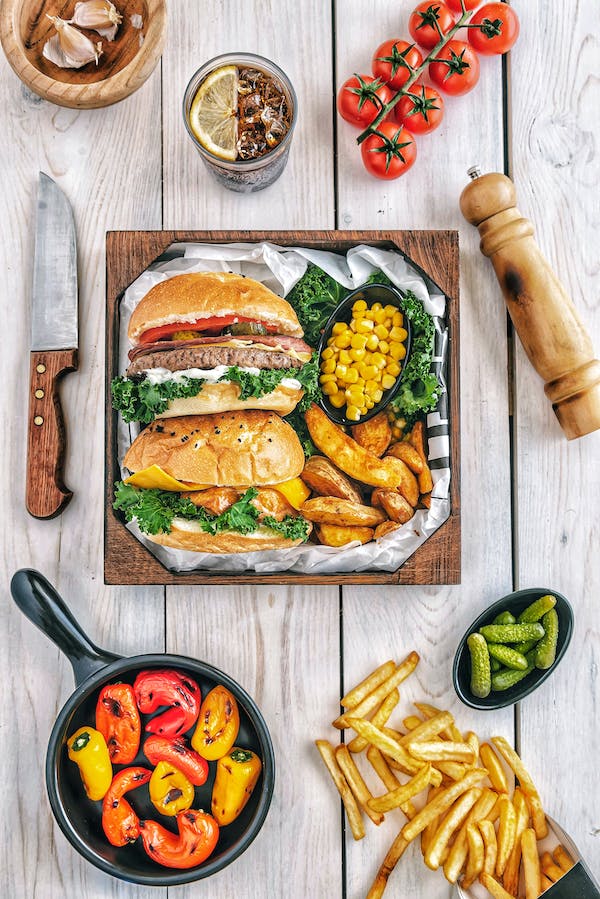Eating more than what is necessary to satisfy hunger can be detrimental to one’s health. Not only can it lead to weight gain and other unwanted conditions, but it can also make one feel physically sluggish. While it is important to get enough calories to stay healthy, it is possible to overdo it and start feeling the physical effects.
The feeling of physical sluggishness comes from overeating. When too much food is consumed it can lead to more energy being stored as fat than used. This can result in overextended digestion times and, in turn, can cause feelings of sleepiness or tiredness. Additionally, eating too much calorie dense food can cause blood sugar levels to spike, leading to crashes and fatigue.
This continued cycle of overeating and feeling tired can also be emotionally draining. People may become consumed by thoughts of weight gain, guilt, and even depression if this non-ideal lifestyle continues. This can further interfere with the ability to function on a daily basis, as depression and sadness can make performing day to day tasks more difficult.
Given the physical and emotional struggles associated with eating too much, it is important to stay mindful of the amount of food consumed. Alternatives to overeating include eating smaller portions, eating more frequent and nutritionally balanced meals, being aware of food labels and ingredients, and drinking plenty of water.
Other healthful habits such as exercising regularly, getting enough sleep, and taking time to relax can also be beneficial. This combination of mindful eating, exercise, and self-care can help to combat feelings of sluggishness caused by overeating.
Ultimately, overeating and feeling sluggish are products of poor habits. Making positive lifestyle changes, such as eating a more balanced diet and exercising, can help to combat this issue. Additionally, being mindful and aware of food consumption can ensure that one stays energized and healthy.









